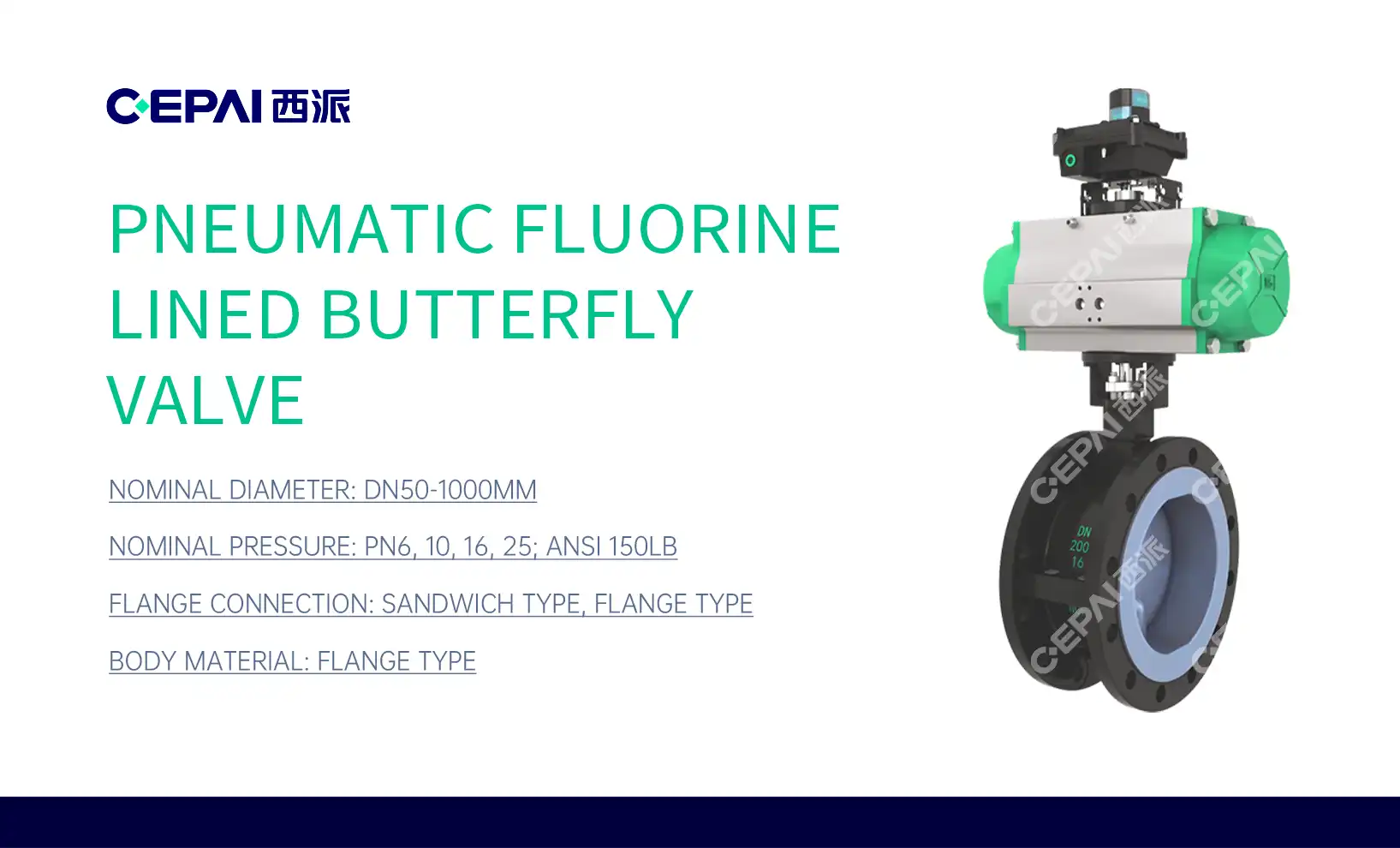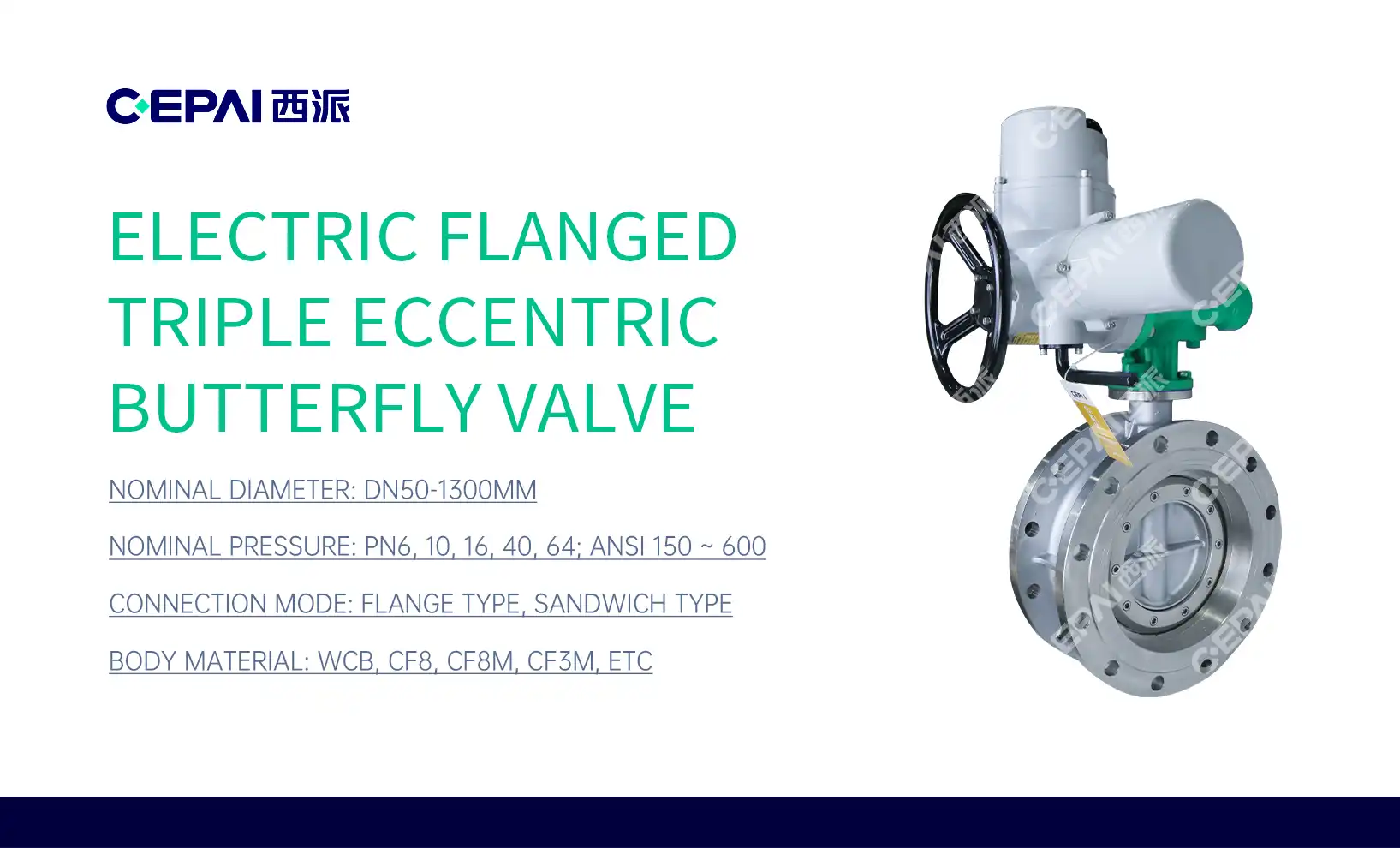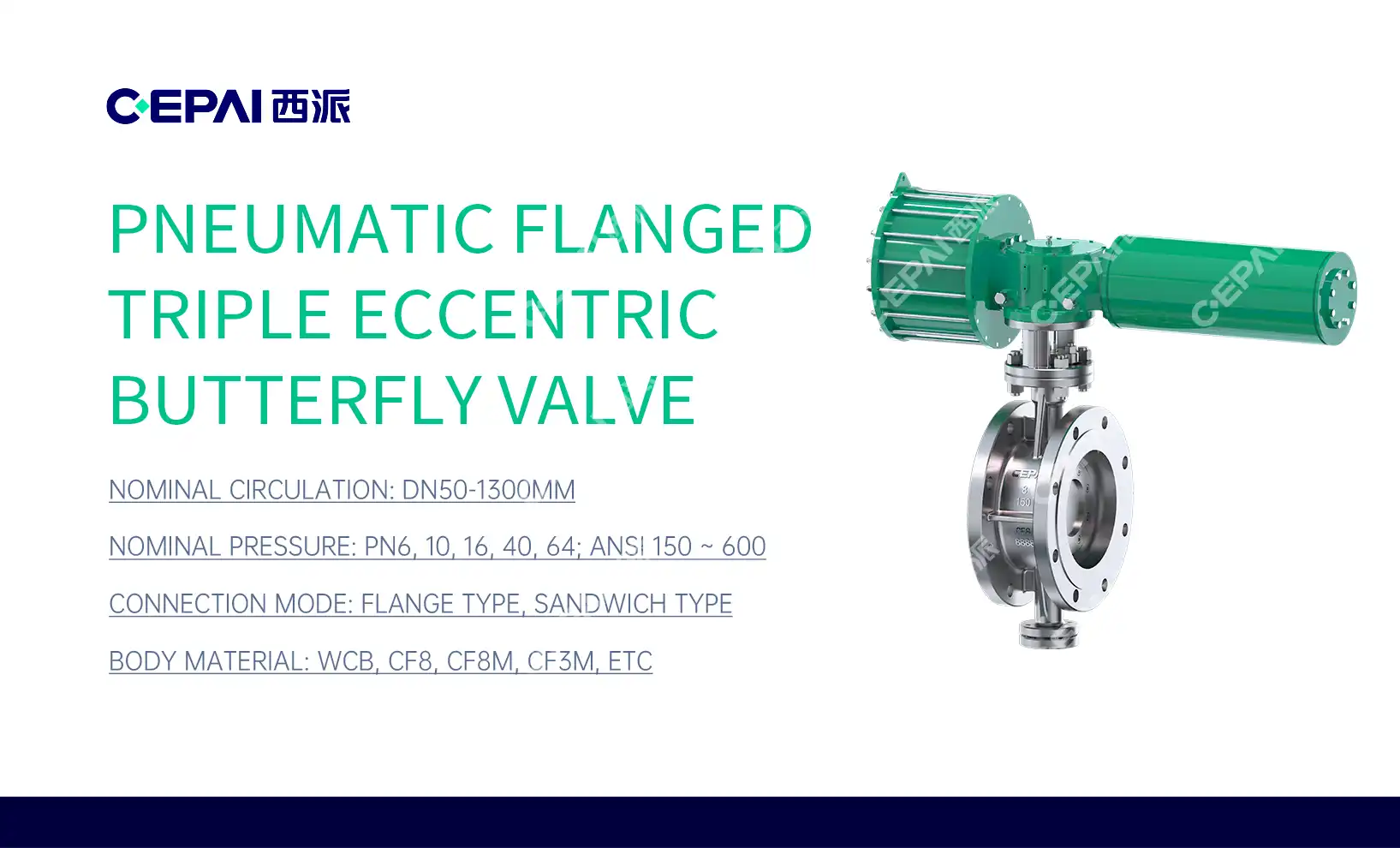Design and Functionality of Bellows Control Valves
Structural Components of Bellows Control Valves
Bellows control valves consist of several key components that work in harmony to provide precise fluid control. The heart of the valve is the bellows element, a flexible, accordion-like structure typically made from high-grade stainless steel or exotic alloys. This bellows connects to the valve stem, which in turn attaches to the valve plug. The valve body houses these components and includes the inlet and outlet ports for fluid flow. A bonnet assembly secures the bellows and provides a secondary seal. The actuator, whether pneumatic, hydraulic, or electric, sits atop the valve and controls the movement of the stem and plug.
Operating Principles of Bellows Seal Valves
The operation of bellows control valves relies on the unique properties of the bellows element. As the actuator moves the valve stem, the bellows expands or contracts accordingly. This movement positions the valve plug within the flow path, regulating the fluid flow rate. The bellows also acts as a barrier, preventing media from escaping through the stem area. This dual functionality of flow control and sealing makes bellows valves particularly effective in applications where leakage is unacceptable. The bellows design allows for smooth, precise movements, enabling fine control over fluid flow even at low flow rates or small pressure differentials.

Material Selection for Optimal Performance
Choosing the right materials for bellows control valves is crucial for ensuring optimal performance and longevity. The bellows element often uses austenitic stainless steels like 316L or 321 for their excellent corrosion resistance and mechanical properties. For more demanding applications, manufacturers may opt for nickel alloys such as Inconel or Hastelloy. The valve body and trim components typically utilize materials like carbon steel, stainless steel, or specialized alloys depending on the service conditions. Valve seats may incorporate hardened materials or special coatings to enhance wear resistance. Careful material selection ensures that bellows control valves can withstand aggressive media, extreme temperatures, and high pressures while maintaining their integrity and performance over extended periods.
Advantages of Bellows Control Valves in Industrial Applications
Enhanced Leak Prevention and Containment
One of the primary advantages of bellows control valves is their superior leak prevention capabilities. The bellows element acts as a flexible, hermetic seal between the valve's internal components and the external environment. This design virtually eliminates the possibility of stem leakage, a common issue in conventional valves. The leak-tight nature of bellows valves makes them ideal for handling hazardous, toxic, or expensive fluids where even minor leaks could pose significant safety risks or financial losses. In high-purity applications, such as semiconductor manufacturing or pharmaceutical production, bellows valves ensure process integrity by preventing contamination from external sources or lubricants typically used in other valve types.
Improved Control Accuracy and Responsiveness
Bellows control valves offer exceptional control accuracy and responsiveness, attributes crucial in precision fluid handling systems. The bellows design allows for very fine adjustments to the valve position, enabling precise control over flow rates and pressures. This level of accuracy is particularly beneficial in processes that require tight tolerances or rapid changes in flow conditions. The inherent flexibility of the bellows element also contributes to improved valve responsiveness. It can quickly adapt to changes in system pressure or actuator input, resulting in faster response times compared to traditional valve designs. This enhanced responsiveness is valuable in dynamic processes where quick adjustments are necessary to maintain optimal operating conditions.
Durability and Longevity in Harsh Environments
Bellows control valves demonstrate remarkable durability and longevity, even in harsh industrial environments. The bellows element's design inherently absorbs and distributes stress, reducing wear on critical components like valve seats and stems. This stress distribution extends the valve's operational life and maintains performance consistency over time. Bellows valves are particularly well-suited for high-cycle applications where repeated opening and closing could quickly wear out conventional valves. Their resistance to thermal cycling, pressure fluctuations, and vibration further enhances their durability. In corrosive or high-temperature environments, the bellows acts as an additional barrier, protecting sensitive internal components from degradation. This robust design translates to reduced maintenance requirements and lower lifecycle costs for industrial users.
Specialized Applications and Future Trends in Bellows Valve Technology
Cryogenic and High-Temperature Applications
Bellows control valves excel in extreme temperature applications, making them invaluable in cryogenic and high-temperature processes. In cryogenic systems, such as liquefied natural gas (LNG) handling or aerospace fuel systems, bellows valves maintain their sealing integrity and operational efficiency at temperatures approaching absolute zero. The bellows design compensates for thermal contraction, ensuring consistent performance. Conversely, in high-temperature applications like steam systems or chemical reactors, bellows valves withstand elevated temperatures without compromising their functionality. The bellows element accommodates thermal expansion, maintaining a tight seal and precise control. This versatility across a wide temperature range makes bellows valves a preferred choice in industries where temperature extremes are commonplace.
Vacuum and Ultra-High Purity Systems
In vacuum and ultra-high purity systems, bellows control valves offer unparalleled performance. Their hermetic sealing capabilities make them ideal for maintaining vacuum integrity in scientific instruments, semiconductor manufacturing equipment, and space simulation chambers. The absence of external packing or seals eliminates potential leak paths, crucial for achieving and maintaining high vacuum levels. In ultra-high purity applications, such as gas delivery systems for electronics manufacturing or pharmaceutical production, bellows valves prevent contamination from atmospheric particles or lubricants. Their smooth internal surfaces and minimal dead space reduce the risk of particle entrapment or outgassing, ensuring the purity of the process media. This level of cleanliness and containment is essential in industries where even microscopic impurities can have significant consequences.
Smart Valve Integration and Industry 4.0
The integration of smart technologies with bellows control valves represents an exciting frontier in valve design. Manufacturers are incorporating sensors, diagnostics, and communication capabilities into bellows valves, aligning with Industry 4.0 principles. These smart valves can provide real-time data on valve position, cycle count, and operating conditions. Advanced diagnostic features allow for predictive maintenance, reducing downtime and optimizing performance. Some smart bellows valves include self-calibration functions, ensuring accuracy over time without manual intervention. The integration of digital communication protocols enables these valves to seamlessly connect with plant control systems, facilitating remote monitoring and control. As industrial processes become increasingly automated and data-driven, smart bellows valves are poised to play a crucial role in enhancing efficiency, reliability, and process control in various industries.
Conclusion
Bellows control valves offer a multitude of advantages that make them indispensable in modern industrial applications. Their superior leak prevention, precise control capabilities, and durability in harsh environments set them apart from conventional valve designs. From cryogenic systems to high-purity processes, bellows valves demonstrate versatility and reliability across diverse applications. As technology advances, the integration of smart features promises to further enhance their value in Industry 4.0 ecosystems. For industries demanding the highest standards of performance, safety, and efficiency in fluid control, bellows control valves remain an excellent choice, delivering consistent results in even the most challenging conditions.
Contact Us
For cutting-edge bellows control valve solutions tailored to your specific industrial needs, turn to CEPAI Group. Our advanced valve technology ensures precision, reliability, and longevity in your fluid control systems. Experience the benefits of our expertly engineered products and comprehensive support. Contact us today at cepai@cepai.com to elevate your process control capabilities.


_1746598525968.webp)



